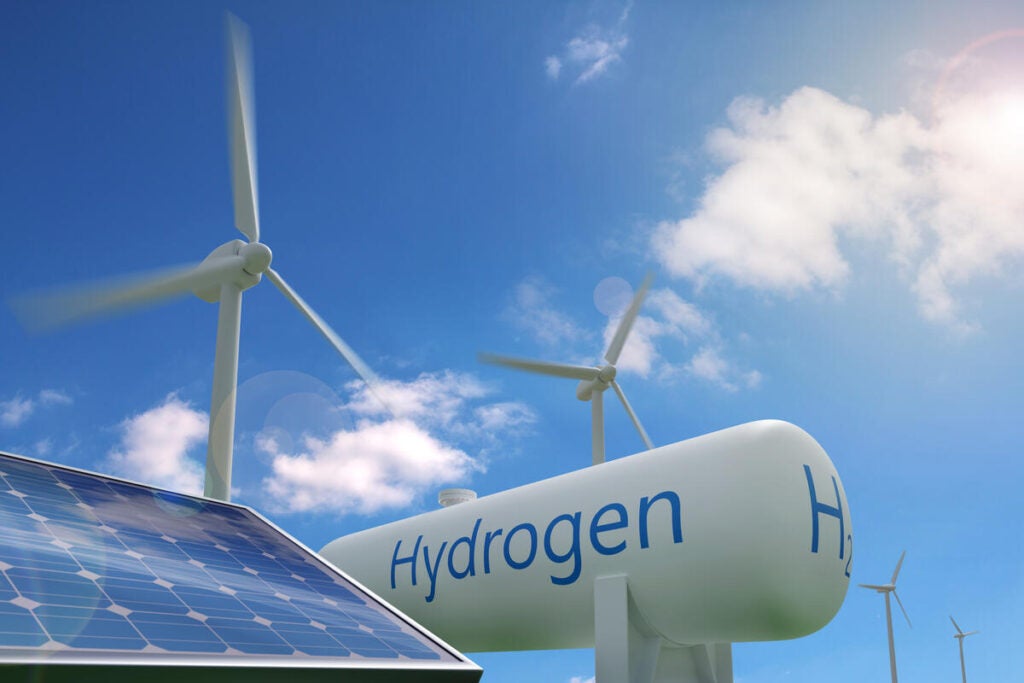By Scott Seymour and Ari Pottens
The Canadian government is likely overlooking an important source of climate pollution. Surface casing vent flow and gas migration (types of underground leakage from oil and gas wells) has the potential to leak a lot of methane, but according to new research, neither governments nor companies know how much.
Canada has made a pledge to reduce 75% of the oil and gas industry’s methane emissions by 2030 as way to help combat climate change, but poor data and inaccurate estimates on well leakage makes it increasingly difficult to know if that goal is in sight.
New research reveals that across Alberta and British Columbia oil and gas well leakage could represent anywhere between 2-11% of the industry’s emissions. This huge range means policy makers can’t reliably know how this problem stacks up against other emission sources making it nearly impossible to set priorities or to craft regulations.















